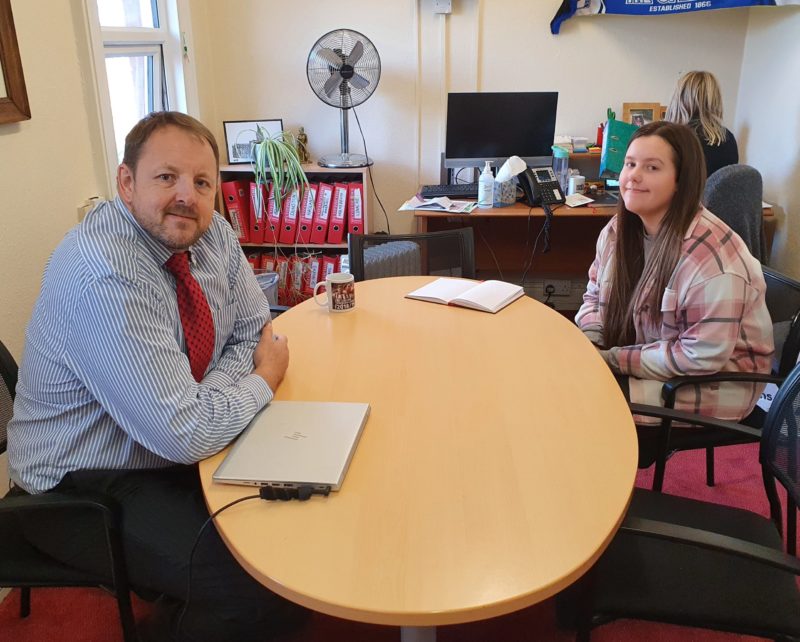Toby Perkins MP Standing up for Chesterfield and Staveley

Seemingly, it would appear, now more than ever, that young people have found their voice on a political stage – specifically concerning campaigns such as the Climate Crisis, the Black Lives Matter campaign and LGBT rights, and we would expect the polls to be representative of this same political interest, yet the 2019 General Election saw only 47% of 18-24 year olds turn out to vote. In my opinion, based off of my own experiences, prior to beginning my A-level study of politics, this is largely the fault of a fractured education system neglecting the need to teach a basic understanding of the UK political system, resulting in the inevitability of a declining vote amongst young people, specifically from across more disadvantaged backgrounds, where political understanding is not as widely discussed or noted. The prospect of voting lacks appeal to a younger audience primarily for this reason, and little is being done to amend this.
In 2002, the government passed legislation to endorse citizenship lessons within the curriculum in a bid to ensure that declining democratic involvement, specifically amongst younger generations, could be avoided. Yet, even with the introduction of this, schools are failing to inform students about the political sphere, made clear by the Department of Education stating that as of 2019 it was “suggested that just one in seven schools have a single trained citizenship teacher and, where the subject is taught or reported to be taught, it accounts for just 1.5% of learning hours”. This statistic is again thinned by the growing number of academies beginning to appear nationally, which do not have to abide by the national curriculum, and similarly the requirement to endorse citizenship lessons. The lack of urgency that schools employ when it comes to teaching something as critical as this, is alarming. The voting system scaffolds everything within society, and without knowledge of this is jeopardised.
Education sparks interest from young ages, and even if students are just taught the basics of the voting system, it will spark curiosity, and young people will begin to explore and find their own understanding of politics, which is pivotal allowing young people to express the judgements that they clearly have, in the polls.
Correspondingly, it is arguable that the differing levels of education that young people are receiving are concurrent with the level of political knowledge they gain before ascertaining the school leaving age. According to StandOutUK, only 31% of people between the age of 18 to 25 claim they left school with an understanding of the voting system. Most are forced into educating themselves, influenced by media dictation and portrayal of government and party candidates. A democratic system that becomes valueless if people are ill informed. The future identity of politics will be shaped not by party manifestos, values and affiliation but moulded by popularity, personality and most significantly the media portrayal of candidates – media becoming the basis of political education, as opposed to being informed more appropriately by the education system.
In parliament, an APPG group has been formed to address this. They advocate the importance of political literacy within schools, highlighting the need for teachers to be trained effectively in this, to teach and ensure that the legitimacy of the democratic process remains as valid as it can be. But without cooperation from schools, it would be likely that any government endeavour, similarly to the reforms in 2002, would be ignored. With school time lost throughout the pandemic, students need to be equipped with the right tools to ensure that their future is not defined by the inconveniences they’ve had to accommodate for throughout the past few years, and be able to establish a future judgement that is critical in deciding who they want to be elected to ensure the optimism of their futures, and if any school were to want that for their students, then they would endorse and welcome any proposals from parliament regarding how schooling on the government and politics will shape this.
